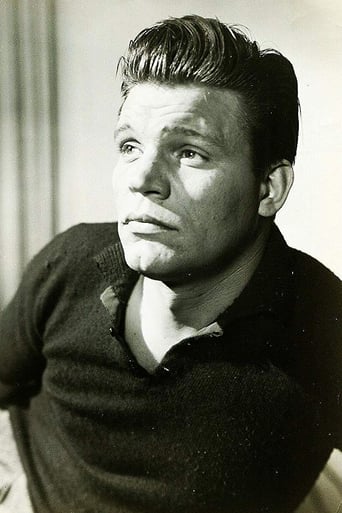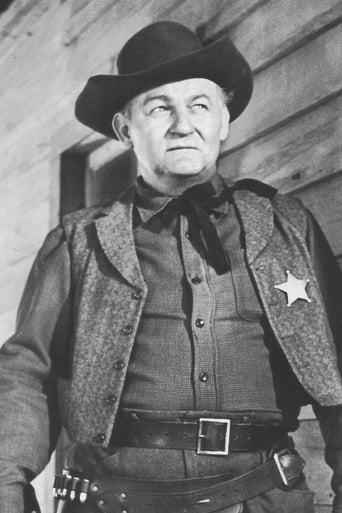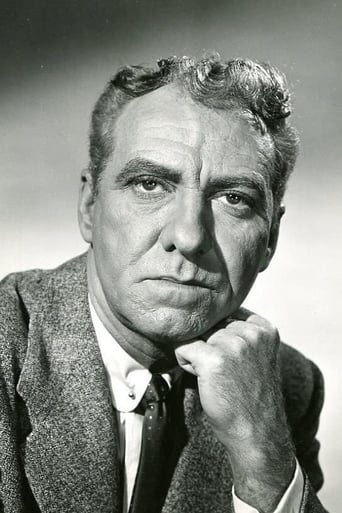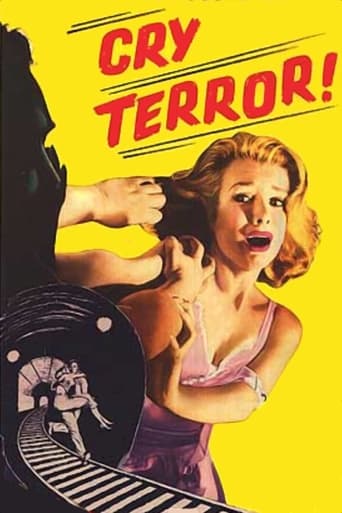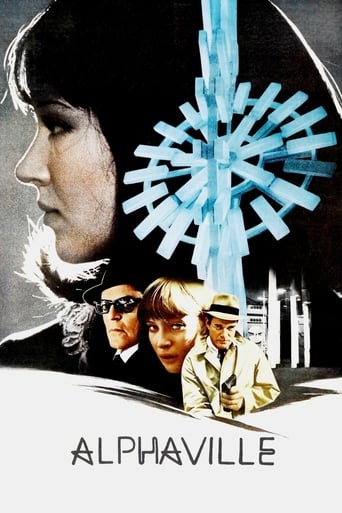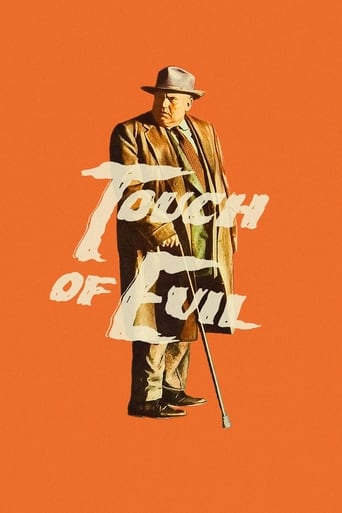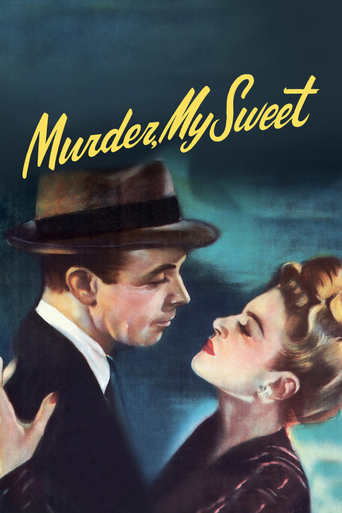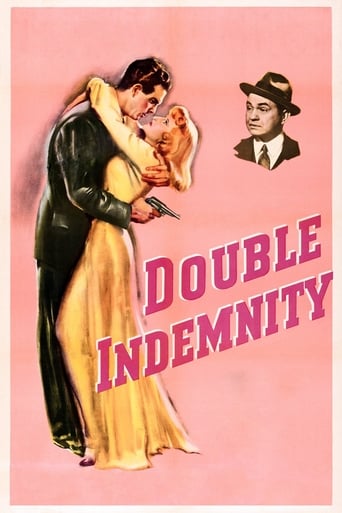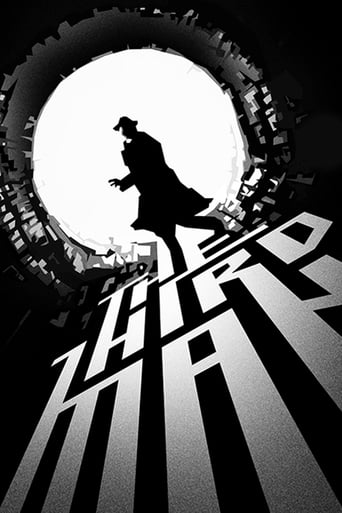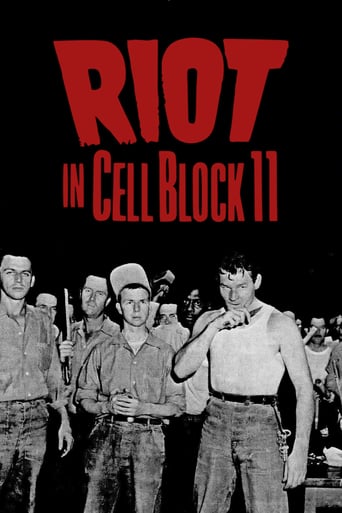
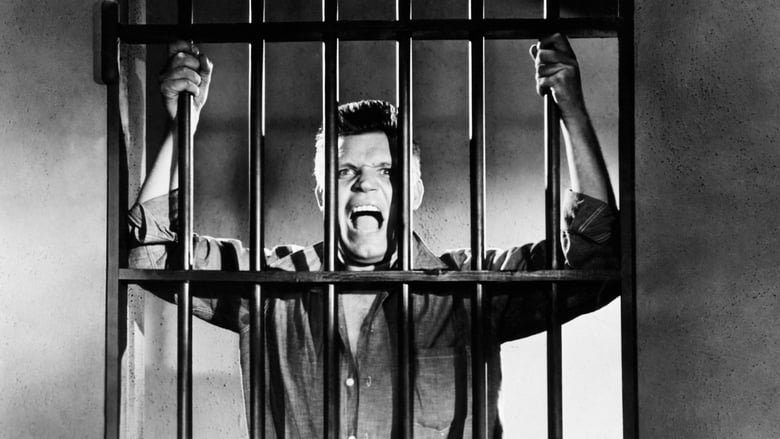
Riot in Cell Block 11 (1954)
A prisoner leads his counterparts in a protest for better living conditions which turns violent and ugly.
Watch Trailer
Cast
Similar titles

Reviews
Entertaining from beginning to end, it maintains the spirit of the franchise while establishing it's own seal with a fun cast
There's no way I can possibly love it entirely but I just think its ridiculously bad, but enjoyable at the same time.
The acting in this movie is really good.
There are moments in this movie where the great movie it could've been peek out... They're fleeting, here, but they're worth savoring, and they happen often enough to make it worth your while.
Here is a jail flick made in sympathy to the prisoners, not that this was so rare before criminals became much more violent in the 1960's. Fed up with the inhumane conditions within the penal system, the inmates rebel. A guard is knocked out and locked up, his keys used to free the other prisoners, and the jail is overtaken in short order. The scene where the prisoners yell and empty the contents of their cells everywhere makes for powerful cinematography.The prisoners make their demands known, and they want them printed in the papers for all the public to see. They want to be involved in a work program instead of sitting idle; they want the jail to be less crowded and better organized. If their needs are not met, guards will be killed, and the blame will be placed on the penal system authorities. The liberal warden of the prison actually wants to grant their demands, but his budget is constrained by politicians far removed from the system, and thus he is helpless as the clock ticks down. The film is non-stop excitement and drama. I liked seeing the relationship between the prisoners, and their roles in the revolt. Neville Brand, with a gravelly voice and a build like a Sherman tank, is perfectly cast as the group leader and negotiator.The movie is based on a story of an actual prison riot in the 1950s, and producer Walter Wanger's experiences as an inmate. Isn't it odd that celebrities get religion on the issue of prison reform AFTER they have been behind bars? Dan Rostenkowski comes to mind too.
The angry inmates in cell block 11 led by the shrewd and fearsome James V. Dunn (superbly played by Neville Brand) stage a riot in protest to the deplorable living conditions in the prison they are incarcerated in.Director Don Siegel's trademark mean'n'lean style works exceptionally well in both maintaining an uncompromisingly tough confrontational tone throughout and keeping the gripping story moving along at a brisk pace. The use of authentic Folsom Prison locations and actual guards and convicts as extras provides an utterly convincing sense of gritty realism. The hard-hitting script by Richard Collins likewise doesn't pull any punches, with the inmates drawn in a credible manner as not all of them get along and agree with one another about the riot. Moreover, the screenplay warrants extra praise not only for its admirable refusal to paint the criminals in a too sentimental light or provide any of them with needless back stories, but also for the surprising downbeat ending with Dunn winning the battle, yet still losing the war by having thirty years added to his sentence.The strong acting by an excellent cast of sturdy and refreshingly unglamorous character actors helps a whole lot, with especially stand-out work from Leo Gordon as the unstable and dangerous Crazy Mike Carnie, Emile Meyer as the sympathetic Warden Reynolds, Frank Faylen as the rigid and uncaring Commissioner Haskell, Whit Bissell as mean chief guard Snader, Robert Osterich as venerable felon The Colonel, and Paul Frees as nervous rookie guard Monroe. Don Keefer and William Schallert pop up in small roles as reporters. Kudos are also in order for Herschel Burke Gilbert's rousing score and Russell Harlan's stark black and white cinematography. An important and provocative film.
I'm a massive fan of prison dramas which is reflected in OZ being my all time favourite American TV show . I guess the appeal lies in a type of smug voyeurism of wanting to see bad things happen to bad mens' bottoms , but I found Don Siegel's RIOT IN CELL BLOCK 11 to be rather disappointing . Okay I knew since it was made in 1954 it would be devoid of bad language , graphic shankings and gang rape but even so it's a rather weak film compared to prison portrayal in earlier movies like EACH DAWN I DIE and WHITE HEAT . The problem lies in the preachy tone of the movie with riot leader Dunn being something of a prison reformer . Yeah that sounds ridiculous since he's a violent anti hero rather than some limp wristed tree hugging do gooder on a salary , but that's what he is in essence , he wants to see prisoners rehabilitated to rejoin society rather than being made to suffer . There's also a problem of making a B movie with such radical themes ( Quite ironic that Siegel would later make DIRTY HARRY where the only good criminal is a dead one ) and that is the cast isn't very good with Emile Meyer as the warder being especially irritating in his performance . like i said a disappointing movie
Riot in Cell Block 11 comes as a bit of a shock, but not because of its brutality (it's a cuddly little puppy compared to Jules Dassin's Brute Force). The shock is that Don Siegel, later to become inextricably associated with such violent and/or reactionary movies as his remake of The Killers, Madigan and Dirty Harry, turned out a temperate, balanced and humane look at prison conditions; another shock is that the movie emerged in the middle of a complacent decade not remembered for its sympathy to marginalized groups in American society.The droning voice-over that opens the movie doesn't bode well: It warns of a wave of riots throughout penitentiaries across the country and even takes us to a criminal-justice convention in Toronto where the topic is aired. But soon we're inside Cell Block 11, part of a run-down, overcrowded institution whose warden (Emile Meyer) has been campaigning for reforms, to no avail. (Standing up for convicted criminals, then and now, is political suicide.) When opportunity knocks, the inmates take over the asylum. What they want is press coverage of their quite moderate demands: More elbow room, separate facilities for the mentally ill among them, job training. But they've taken guards as hostages, and threaten to execute them if their demands aren't met.Leader of the rebels is Neville Brand, who tries to negotiate in good faith, but Meyer has one hand tied behind his back by Frank Faylen, a hard-line state bureaucrat. Brand, too, has trouble keeping the prisoners in line, particularly those who see the riot less as a cause than as a chance for some cheap thrills. Siegel manages to keep the story taut within the claustrophobic confines of the prison and without too much in the way of splashy incident, until he brings it to a surprisingly rueful end. Somehow, he has managed to make an issues movie told almost solely through action.Siegel's career proved that he had more sides to him than he's generally known for. He started out cutting montages in other directors' movies (Blues in the Night and The Hard Way among them); when he moved into directing, his early work showed range in style and tone: The period thriller The Verdict, the light-hearted noir The Big Steal, the eschatological drama Night Unto Night. Too bad we can't remember him by saying that he just got better and better, because, unfortunately, it just isn't so.
